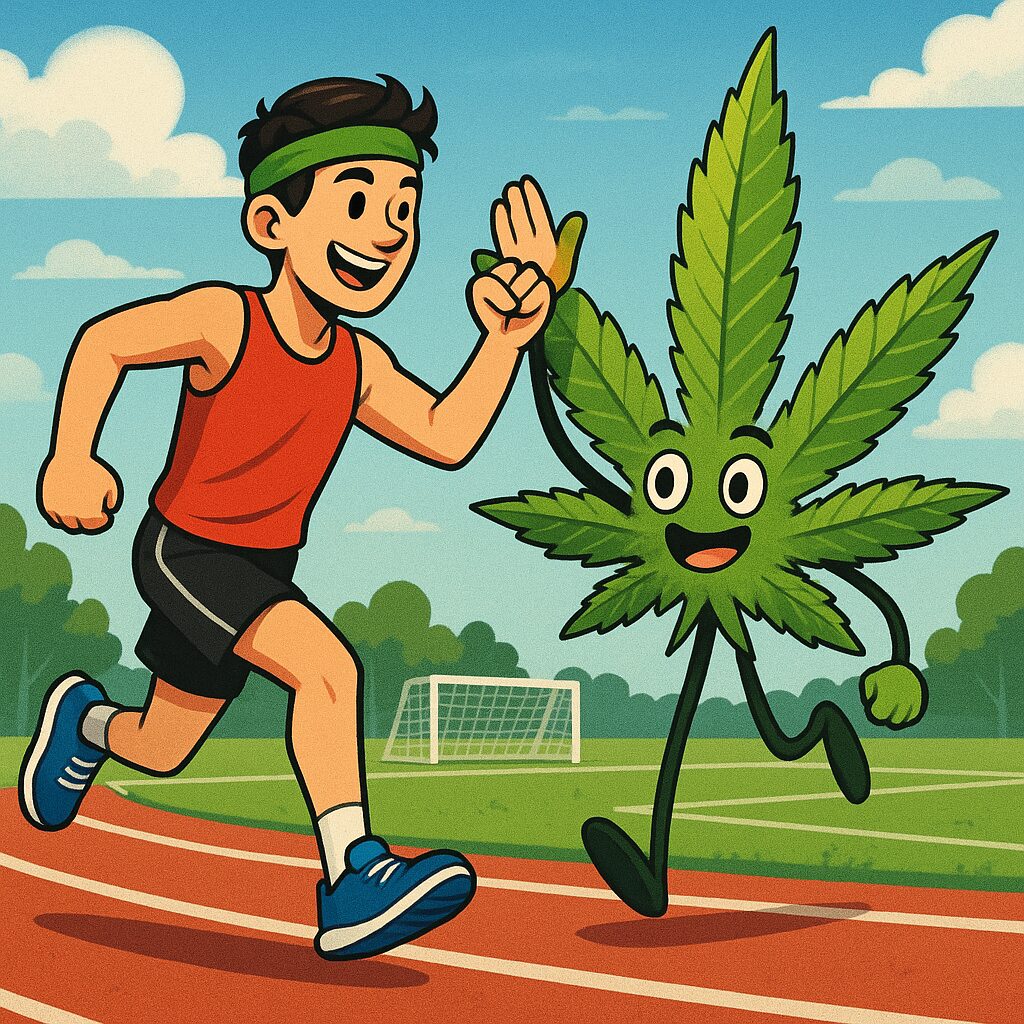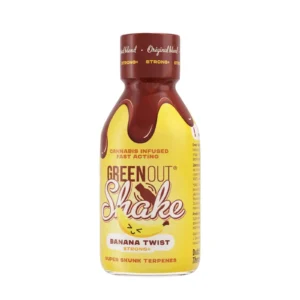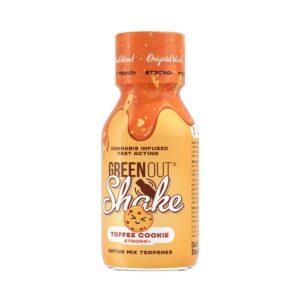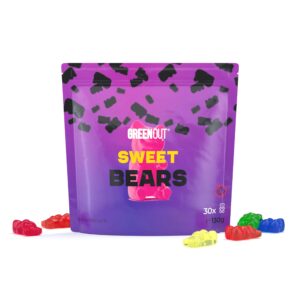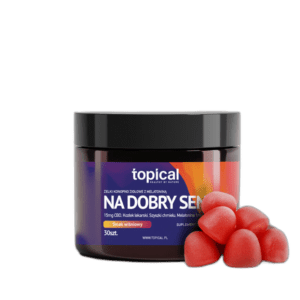Cannabidiol (CBD), a non-psychoactive compound derived from hemp, has revolutionized the sports world since the World Anti-Doping Agency (WADA) removed it from its list of banned substances in 2018. Athletes, from marathon runners to martial arts competitors, turn to CBD in hopes of improving recovery, relieving muscle pain and reducing stress before competitions. In 2025, new research and regulations provide fresh insights into how CBD can support athletes, but also underscore the need for caution and further research. This article explores the latest scientific findings, the current legal status of CBD in sports, and practical tips for athletes considering its use.
Regulation in 2025
In accordance with WADA's List of Prohibited Substances for 2025., approved on September 12, 2024 and effective January 1, 2025, CBD remains permitted for athletes. Unlike THC (tetrahydrocannabinol) and other cannabinoids, which are banned both in and out of competition, CBD is not on the list of banned substances. The lack of change in CBD's status in 2025 confirms its acceptance in the sports community, but WADA warns of the risk of CBD products being contaminated with trace amounts of THC, which could lead to unintentional anti-doping violations.
Athletes must therefore choose products with lab certifications that confirm the absence of THC or other banned substances. For example, organizations such as USADA emphasize that even products labeled "pure CBD" may contain trace amounts of THC, posing a risk to athletes subject to doping tests (USADA).
Latest research on CBD in sports
Research on CBD in sports in 2024 provides mixed results, reflecting the complexity of the compound and the need for further analysis. Below are key findings from recent publications:
Muscle regeneration
One of the most significant studies of 2024, published in the Journal of the International Society of Sports Nutrition, examined the effects of short-term, chronic CBD use on muscle recovery and performance after an intense training protocol. In a double-blind, crossover trial involving 17 well-trained athletes, participants took either a placebo or 60 mg of CBD (in oil or solubilized form) after each training session for six days.
Key results:
- CBD oil reduced myoglobin levels in advanced athletes, indicating potential benefits in mitigating muscle damage.
- No effect was observed on other markers of muscle damage, such as creatine kinase (CK), or on performance in tests such as the long jump, squat, bench press or 1-mile run.
- In very advanced athletes, CBD solubilizer increased CK levels compared to placebo, which may suggest greater muscle damage, although this requires further study.
This study suggests that an athlete's level of sophistication may affect the effectiveness of CBD, and that CBD oil may offer moderate benefits in muscle recovery in advanced athletes.
Subjective feelings during exercise
Another 2024 study, conducted at Griffith University and published in the Sports Medicine - Open, examined the effects of 150 mg of CBD on subjective reactions during a 10-kilometer endurance run. In a randomized, double-blind study involving 51 recreationally active individuals, CBD did not significantly affect aspects such as mood, pleasure, motivation, pain, anxiety or fatigue.
Key results:
- CBD did not improve or worsen the subjective experience of running.
- Exercise by itself increased positive emotions after the run, but CBD had no additional effect.
- The study confirmed the safety of CBD under exercise conditions, suggesting that it does not interfere with physical activity.
These findings contrast with previous studies that suggested CBD can increase positive emotions during sustained-intensity exercise, indicating the need for further research in more realistic sports settings.
Safety and tolerance
A study from the Journal of the International Society of Sports Nutrition, cited by the NutraIngredients-USA, showed that 100 mg of CBD daily for three months was well tolerated by healthy young men and women, with no side effects compared to placebo. This is important for athletes who are considering long-term use of CBD, as it confirms its safety in sports doses.
Other potential benefits
Older studies, such as the 2020 review in Sports Medicine - Open, suggest that CBD may have anti-inflammatory, analgesic and anti-anxiety properties that are important for athletes. For example, CBD may reduce gastrointestinal damage associated with intense exercise and promote bone regeneration after injury. Preclinical studies also point to potential benefits in improving sleep quality, which is crucial for athletes' recovery.
CBD's popularity among athletes
In 2025, CBD is widely used by athletes at various levels, from amateurs to professionals. Well-known athletes such as golfer Bubba Watson and UFC fighter Jorge Masvidal have partnered with CBD brands to promote THC-free products. Social media outlets such as X have been posting discussions about CBD in sports, with posts encouraging athletes to discover its benefits in recovery.
Companies such as Zen Hemp Life are introducing new products, such as CBD creams, targeting athletes and other groups, highlighting their potential tension-relieving effects. Sports organizations, such as the BIG3 basketball league, are also supporting CBD by putting brand logos on players' uniforms, showing the growing acceptance in professional sports.
Challenges and risks
Despite its popularity, the use of CBD in sports comes with challenges:
- THC contamination: CBD products may contain trace amounts of THC, putting you at risk of a positive doping test. Athletes must choose lab-certified products.
- No conclusive evidence: Although studies indicate potential benefits, there is insufficient data to confirm that CBD improves athletic performance.
- Dosage: CBD's effectiveness depends on the dose - studies suggest that 60-100 mg can be effective, but lower doses (such as 10 mg) may not work.
The future of CBD in sports
By 2025, CBD is becoming more integrated into athletes' routines, and growing research and public acceptance are fueling this trend. As countries such as Germany liberalize cannabis regulations, we can expect to see greater availability of CBD products in Europe, including Poland. However, more randomized clinical trials are needed to fully understand the mechanisms of action of CBD and its effects on athletes.
Athletes should also keep an eye on regulatory developments, especially in the context of potential new guidelines for maximum doses of CBD, such as the suggested 160 mg per day for healthy adults.
Tips for athletes
- Choose certified products: Look for CBD with lab tests confirming the absence of THC.
- Start with small doses: Start with 10-20 mg a day, increasing to 60-100 mg if necessary, watching the body's reactions.
- Consult with experts: Talk to your trainer or sports doctor, especially if you are using other supplements or medications.
- Monitor research: Follow new publications to stay up to date on potential benefits and risks.
CBD in sports in 2025 is a rapidly evolving topic that combines promising research with growing popularity among athletes. While evidence points to potential benefits in muscle recovery and stress relief, the lack of conclusive data on improved athletic performance means athletes should approach CBD with caution. Stable WADA regulations allow for the legal use of CBD, but it's crucial to choose high-quality products to avoid doping risks. As science and the hemp market evolve, CBD may become a standard part of an athlete's preparation, but for now it requires an informed and prudent approach.
